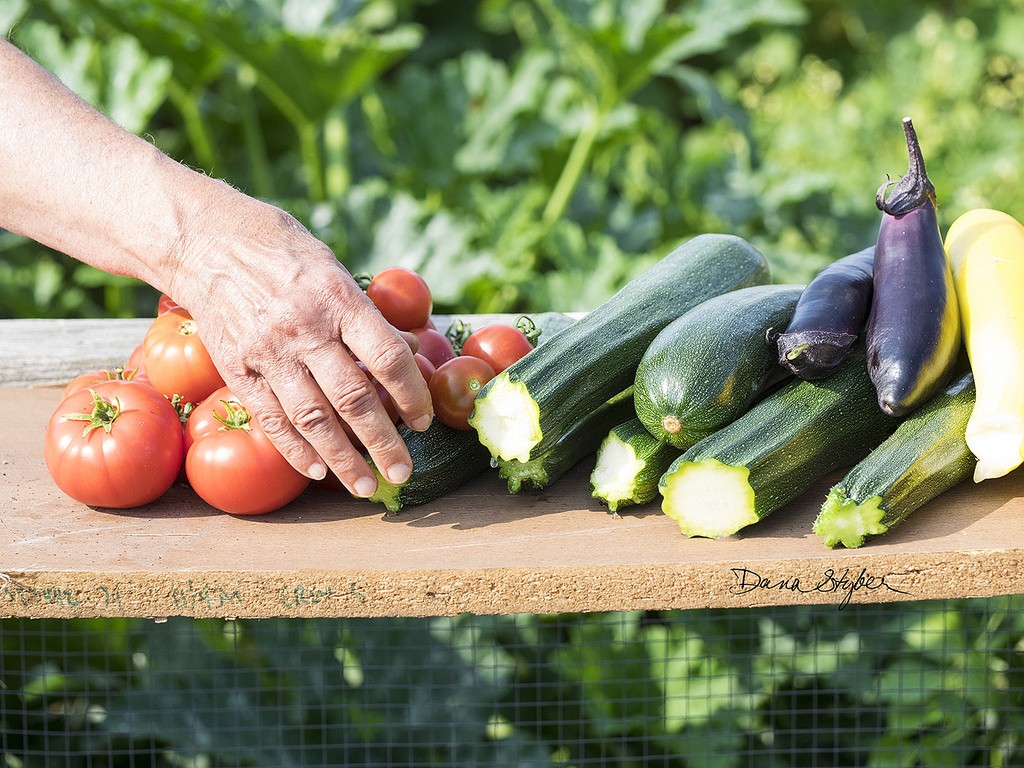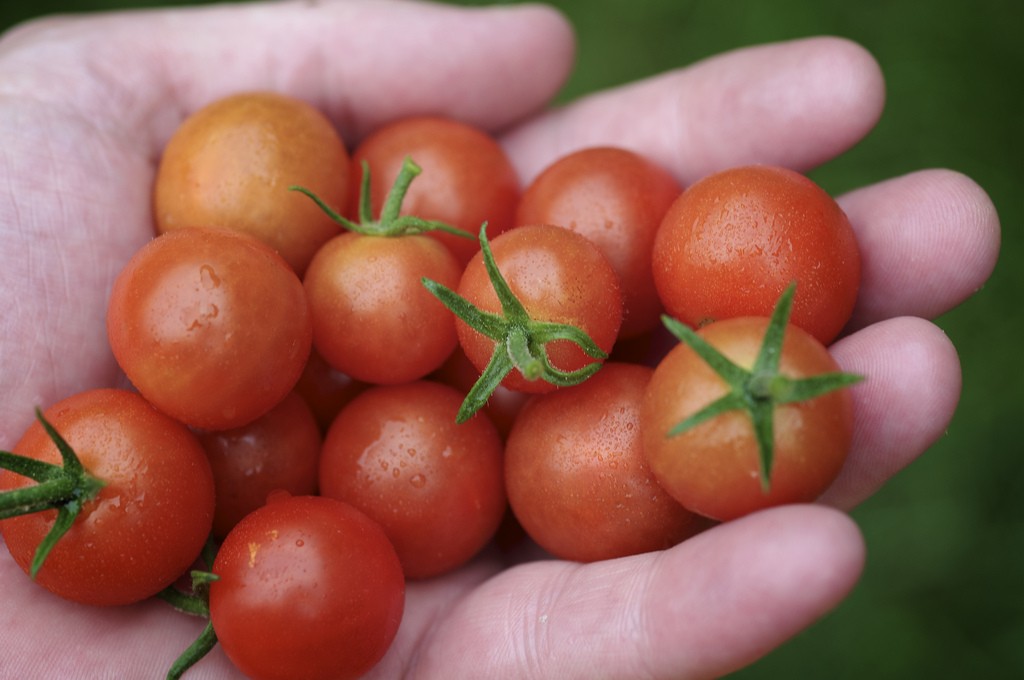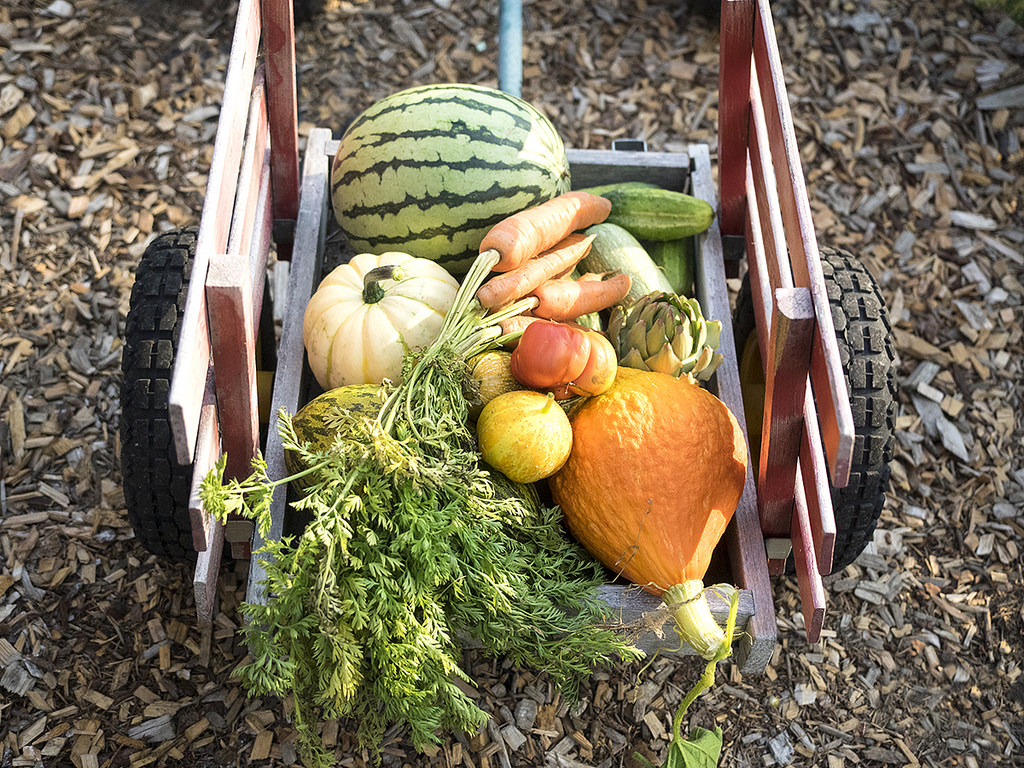How Much Can You Save by Growing Your Own Vegetables?
June is National Fresh Fruit and Vegetables month, so we’ve cultivated a guide to growing your own veg in order to grow the money left in your wallet.
By growing your own veg, you can cut down on your supermarket bills and budget more easily. Home-grown produces also tastes so much better because it can be cooked within minutes of harvesting – there are no ‘food miles’ involved.
The Maths
With the majority of Brits having a passion for pruning according to a new First Utility survey, now’s the time to put energy into your gardening efforts to grow your bank balance. According to This is Money, you could knock more than £1,000 off your yearly food bill by growing your own veg.
You could grow 1kg of baby carrots for around 25p, but you’d pay about £3.30 for 1kg of baby carrots in a supermarket. You can also get a large bag of around 20 specially grown seed potatoes for under £4, with each potato capable of growing 3kg worth of additional potatoes.
Eoin Redahan, spokesman for the Royal Horticultural Society, says:
“From a crop-for-money point of view, lettuces and potatoes are among the best. A salad may cost £1.50 in the shops but a packet of 100 seeds less than £1. One potato plant can yield more than a dozen potatoes – maybe five pounds of spuds.”

Allotting time to Allotments
Research from the National Society of Allotment & Leisure Gardeners has found that allotment holders spend an average £202 growing vegetables and fruit every year that would sell for £1,564 in shops.
During the ‘Dig for Victory’ campaign in the Second World War there were 1.4million allotments in Britain. Now there are now only 300,000 allotments left but this has not stopped demand, with 100,000 people on waiting lists.
Donna McDaid, spokeswoman for the National Society of Allotment & Leisure Gardeners, says: ‘If you’re interested in renting an allotment, call your council and ask for the allotment officer. If the council has a long waiting list it might still point you in the direction of any available private allotments… If you can get a dozen or so people together interested in allotment plots the council is duty bound to hear your case.’
Pruning your Grow List

If you’re most interested in saving money and have limited space to do so, start your vegetable wish list with the most productive and useful crops. Tomatoes and chilli peppers are ideal vegetables to start the growing habit as they are easy to grow in pots or grow-bags and don’t take up much space. Potatoes, runner beans, spring onions and salad leaves also require little attention once planted.
Tomatoes, courgettes, climbing beans, pumpkins and squashes are just a few examples of foods that pod prolifically. Tomatoes can produce up to around 5kg (10lbs) of fruit in a season and courgettes will produce anywhere between 10 and 20 pods over their cropping period.
Another thing to consider is how long your crops take to grow before they’re ready for harvest. While a single flush of radishes may not yield a massive crop, the fact that they take just three to four weeks to mature means you can enjoy considerable savings over the course of the growing season if you keep sowing them. Beetroot takes maybe twice as long to grow but is still relatively quick to harvest – just remember to stagger the planting of your vegetables so that they’re ready to pick or dig up throughout the year.
Find out more about money saving garden hacks.
Looking for more ways to save money? Visit the First Utility blog for practical tips you can use every day. We put our energy into lowering gas and electricity prices so you can afford to do more of what you enjoy – like making the most of your garden!
About First Utility
First Utility is the UK’s fastest growing and largest independent energy supplier. It supplies gas and electricity to more than 780,000 customers throughout the UK and is committed to helping them reduce their energy bills by offering cheaper tariffs, helping customers use less energy through the use of innovative technology and campaigning for industry change. First Utility also donates 1% of its profits each year to the First Utility Foundation, an independent charitable organisation with a goal to improve the lives of vulnerable families and individuals across the UK
ADVERTORIAL
Disclaimer
The contents of this article are for reference purposes only and do not constitute financial or legal advice. Independent financial or legal advice should be sought in relation to any specific matter. Articles are published by us without any knowledge or notice of the circumstances in which you or anyone else may use or rely on articles or any copy of the information, guidance or documents obtained from articles. We operate and publish articles without undertaking or accepting any duty of care or responsibility for articles or their contents, services or facilities. You undertake to rely on them entirely at your own risk, and without recourse to us. No assurance of the quality of articles is given or undertaken (whether as to accuracy, completeness, fitness for any purpose, conformance to any description or sample, or otherwise), or as to the timeliness of the publication.
Latest posts by Sally - Silversurfer's Editor (see all)
- Freezing this Christmas, a charity single could hit the number one spot - December 20, 2024
- Theatre tickets from £10 for 50+ London shows with See It Live in 2025 - December 19, 2024
- Should Waspi women be entitled to compensation? - December 17, 2024
- What was your favourite childhood toy? - December 17, 2024
- It’s never too late to play bridge - December 15, 2024





















